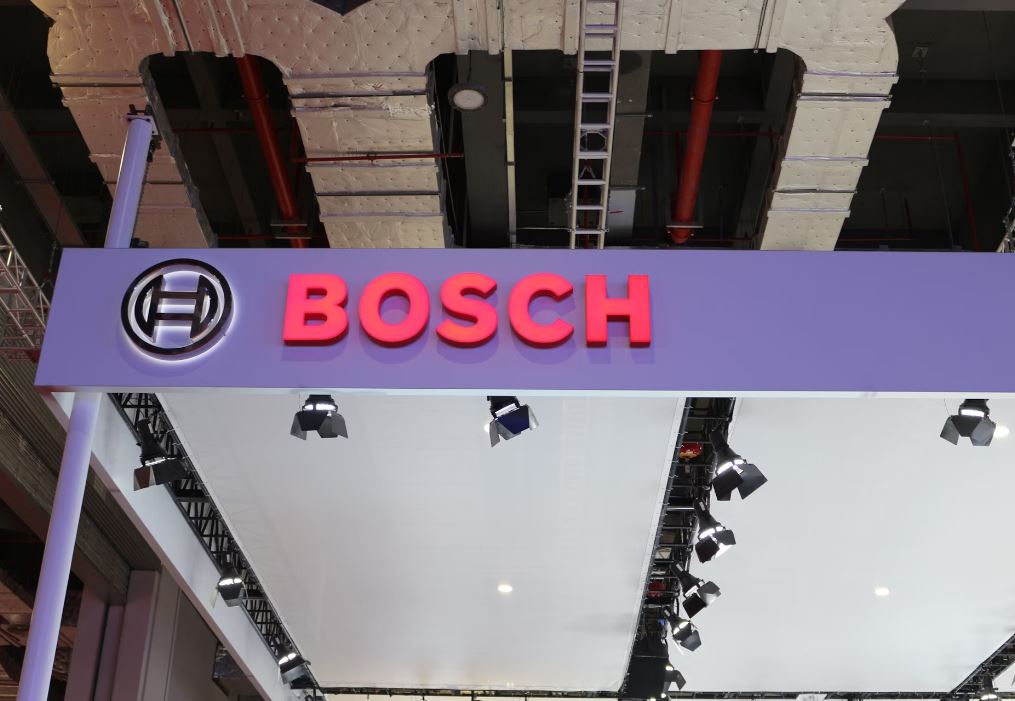Bosch has announced the suspension of its planned $200 million hydrogen fuel manufacturing facility in Anderson, raising pertinent questions about the broader implications for the hydrogen fuel industry. This decision comes amid fluctuating market dynamics and regulatory factors that have altered the landscape for hydrogen development. Notably, Bosch’s move reflects a growing trend where businesses reevaluate major infrastructure investments in light of evolving energy policies and economic considerations.
Industry data indicates that while global investment in hydrogen technology continues to rise, with estimates suggesting a potential market value of over $300 billion by 2050, the path to profitability and scalability remains fraught with challenges. Anderson was poised to become a hotspot for hydrogen fuel innovation, expected to create numerous jobs and bolster local economies. However, the abrupt pause from Bosch highlights a critical cost-benefit reevaluation driven by current market conditions.
The hydrogen sector’s prospects have been buoyed by aggressive national and international policy commitments aimed at reducing carbon emissions. Countries like Japan and Germany have allocated significant resources toward developing hydrogen as a cornerstone of their future energy strategies. However, recent analyses point to the high production costs and infrastructure needs as persistent barriers, which Bosch’s cancellation starkly underscores.
Critics argue that despite technological advancements, hydrogen fuel production remains inefficient when compared to established energy sources. The energy density and storage challenges present ongoing technical hurdles. Moreover, the regulatory environment’s uncertainty, including potential changes in subsidies and tax incentives, further complicates large-scale investments.
Potential solutions to these challenges lie in continued technological innovation and policy support. Streamlined regulatory processes, combined with investment in research, could reduce production costs and enhance storage capabilities. Industry experts advocate for robust public-private partnerships to drive forward the hydrogen economy.
Bosch’s halt of its Anderson facility plans serves as a crucial reminder of the intricate ballet between innovators, regulators, and market forces. Industry analysts will closely observe how this development influences future investments in the hydrogen sector and whether alternative energy industries can overcome similar hurdles to establish themselves as reliable, cost-effective options on the global stage.





